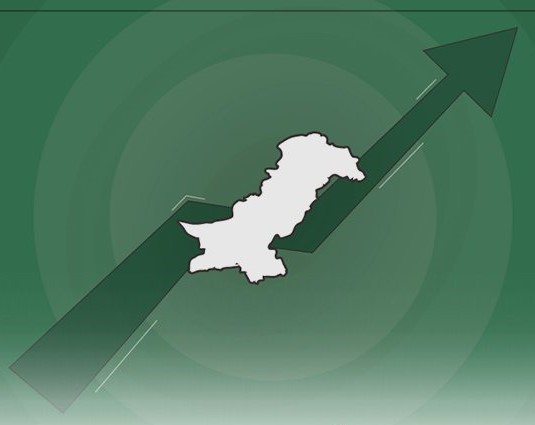LAHORE: Pakistan’s burgeoning external financing risks are further being added to by a declining foreign exchange reserve and a mounting current account deficit. With the upcoming general elections in the end of July, the government has a limited time to address the country’s debt obligations which are bound to accelerate in 2019, hence, requiring concentrated policy efforts and swift implementation starting this fiscal year.
POLICY MEASURES
According to a report by Fitch Ratings, Pakistan has already taken considerable steps to counter the monetary damage inflicted to the economy in the recent months with the central bank twice increasing its policy rate by a cumulative 75bp in the first quarter of 2018 to ameliorate local demand. It has also allowed three separate step depreciations since December 2017 of a cumulative 13 per cent against the Dollar – introducing greater levels of flexibility in the heavily managed Rupee.
Although the policies implemented by the State Bank of Pakistan (SBP) did manage to reduce rising pressure on foreign reserves held by the central bank and might help reduce the current account deficit in the long-term, the consequences of these policies however, have not yet been witnessed since external debt obligations have since been rapidly on the rise. The ratings agency placed Pakistan on a sovereign rating ‘B’ on negative outlook back in January.
MONETARY SITUATION
Fitch Ratings further commented on the situation and said, “We now project the current account deficit to reach 5.3 per cent of GDP in the fiscal year ended June 2018 (FY18), compared with 4.7 per cent previously. Export performance has improved, but imports have risen on higher oil prices and strong household demand. Loose fiscal policy has added to imbalances. The fiscal deficit is likely to rise to around 6 per cent of GDP in FY18, compared to our January forecast of 5.0 per cent, and the government is becoming increasingly reliant on external borrowing – particularly from Chinese policy banks.”
An increasingly deteriorating foreign reserve can result in problems accessing international commercial markets or bilateral lending, hence, Pakistan does not have room to explore other financing options – except perhaps the inflows from the tax amnesty scheme, or bilateral and policy-bank lending from friendly countries such as China, which is more than willing to provide financing. However, Pakistan’s cost of external financing has risen in the recent months, and can further increase amid rising geopolitical tensions, and a more rigid global monetary policy.
STABILITY STILL POSSIBLE
Following the general elections, external debt stability is still possible with a considerable and significant policy shift, as a new government may have more political influence and freedom to carve out a monetary policy that addresses rising external risks. It evident in the Federal Budget announced this year that a considerable time and effort was spent on managing Pakistan’s current account deficit and external debt obligations. With all parties agreeing on jumping the bandwagon to stabilize the economy, it is expected that future policy will likely address these issues.
“We expect the authorities to explore financing options after the elections when, for example, an agreement with the IMF might become more viable. Pakistan’s last three-year IMF programme, which began in September 2016, supported a recovery in foreign reserves and was marked by a shift to macroeconomic policy more focused on stability. Economic growth has been robust over the past year, and we expect the economy to expand by 5.5% in FY18. However, we have revised down our FY19 growth estimate to 5.0%, from 5.5% in the January review, to reflect the likely impact of further tightening measures to alleviate external imbalances ”, the ratings agency added.




